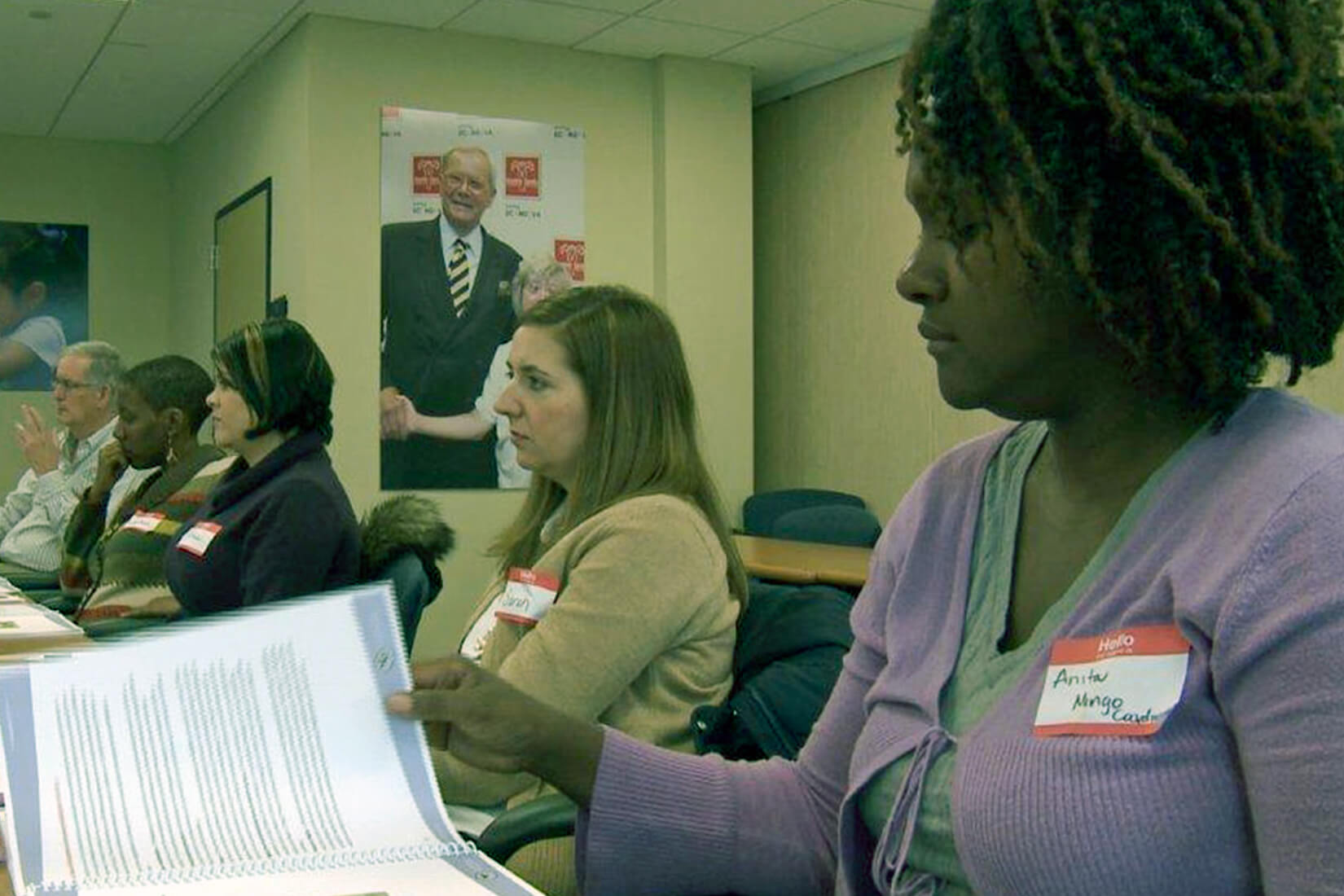
WASHINGTON — Draft legislation that would expand the Family Caregiver Program but make eligibility for the program more restrictive raised concerns for several veterans’ groups.
The draft legislation was discussed at a hearing held by the House Committee on Veterans’ Affairs Subcommittee on Health last month. The current Family Caregiver Program criteria include that the post-9/11 veteran must need help with one activity of daily living to qualify.
While the draft legislation would expand the benefit to pre-9/11 veterans and their caregivers, it also would limit eligibility to veterans who need help with three or more activities of daily living.
“The American Legion could never support a bill that would reduce benefits for veterans,” responded Louis Celli, director of the American Legion National Veterans Affairs and Rehabilitation Division.
Veterans of Foreign Wars also “would oppose setting up arbitrary eligibility requirements, such as increasing the criteria to three activities of daily living in efforts to lower costs,” said Kayda Keleher, national legislative service associate director.
In introducing the bill, House Committee on Veterans’ Affairs Chairman Rep. Phil Roe (R-TN) explained that he was “committed” to a separate compromise agreement under discussion with Sen. Johnny Isakson (R-GA) and Sen. Jon Tester (D-MT) of the Senate Committee on Veterans’ Affairs to expand the program to pre-9/11 veterans without making any changes to the eligibility criteria. Roe said he hoped to “see movement on it.”
He added, however, that “should negotiations prove unfruitful, we must have an honest conversation about finding the right balance between clinical appropriateness and the cost within this program and make needed changes to ensure it is working as intended for increasing its participants in such a dramatic fashion.”
Caregiver Expansion
Advocates of expanding the benefit to caregivers of veterans of all eras had wanted the change included in an omnibus spending bill passed in March, but the broader benefit did not make it into the final version of the bill that ultimately passed.
The expansion of the caregiver program has been a source of congressional debate in recent years, as advocacy groups have pushed for it. Veterans’ groups supported the Senate version of a Choice reform bill last year that includes a provision that would expand comprehensive care to veterans of all eras without changing the criteria. Yet, a House version of the bill did not include a provision expanding caregiver benefits.
At a hearing on the issue in February, then-VA Secretary David Shulkin, MD, told lawmakers that VA favored changing the clinical criteria of the program so that only the caregivers of veterans who need help with at least three activities of daily living are eligible, as well as those with cognitive dysfunction. As part of that, Shulkin emphasized he was not in support of revoking the benefit for veterans who already use the program.
Shulkin said that if Congress expanded the benefit to pre-9/11 veterans without changing current eligibility requirements, in 10 years, VA would have about 188,000 caregivers, up from the 26,000 caregivers that currently are in the program.
If VA used a criteria “that would be a little bit more discriminatory” and limit eligibility to those who are the most severely ill or injured veterans, then the number would be 40,000 additional caregivers in the pre-9/11 group, he explained.
Roe said his draft legislation has been “in development since the full committee hearing on the program in early February and has been the subject of multiple roundtable discussions with VA and veterans service organizations since that time.”
Meanwhile, some lawmakers also expressed reservations with provisions in the bill. Rep. Ann Kuster (D-NH) wondered about the clinical basis of the draft bill criteria and said she “can’t imagine medically that has any basis in reality.”
Rep. Mark Takano (D-CA) said that he prefers the Senate version of the bill and that he would not “support anything that would diminish the benefits for any veteran.”
Disabled American Veterans Deputy National Legislative Director Adrian Atizado said that he would prefer making the compromise agreement under discussion by lawmakers “a reality,” before having the conversation on the more restrictive draft bill.
“We have a historic opportunity before us,” Atizado noted.
Paralyzed Veterans of America, meanwhile, would also prefer the compromise agreement under discussion, said Associate Legislative Director Sarah Dean, who added that, as the draft proposal “would make eligible veterans with catastrophic injuries of all eras, PVA would support it as a first step to full expansion.”
